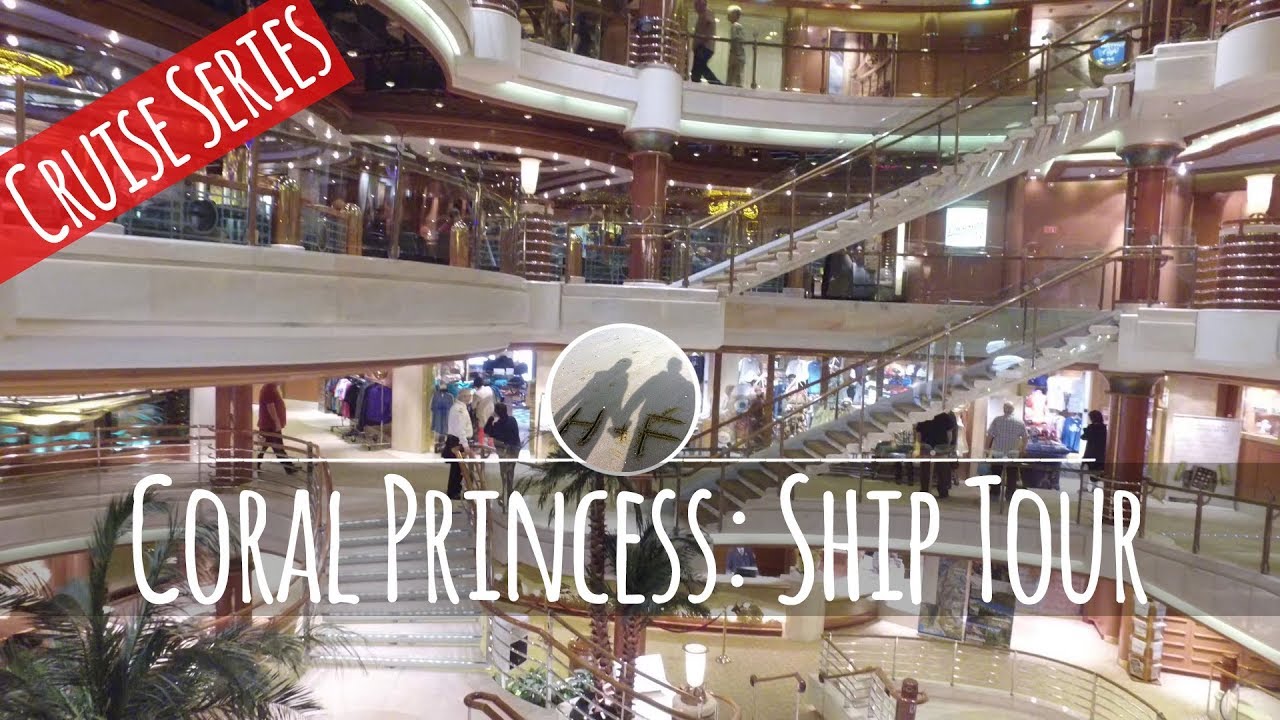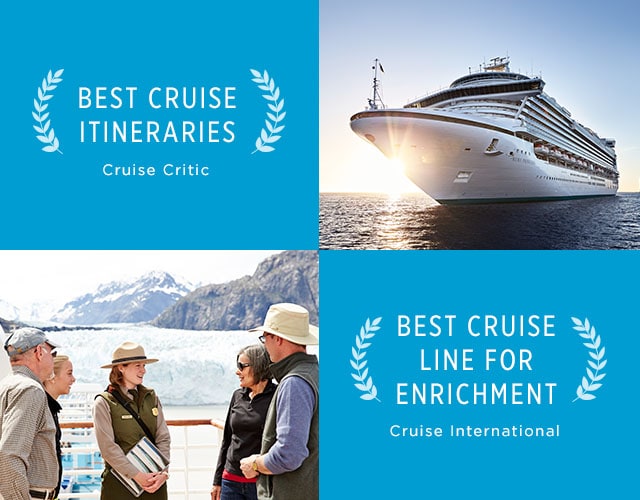
A variety of benefits come with working on a shipboard cruise. You get paid well and your food and accommodation are covered. In addition, you'll be onboard the ship for six months of the year, so you don't have to worry about living expenses. You will be able to meet new people, and make international connections. A cruise line industry can help you advance your career. Many cruise companies invest in their employees and encourage promotion.
Qualifications
Competitive jobs on cruise ships are available, so having the right qualifications will make you stand out. The type of job you are applying to and the cruise line that you work for will dictate the qualifications you require. Some cruise companies require a specific education and experience. Others are more flexible. Employers value degrees-level qualifications because they indicate high levels of competence and professionalism.
To work aboard a ship you must have at minimum three years of experience working in the maritime trade. This experience is required to be able to work in an engineering department on a ship. Good interpersonal and leadership skills are required, along with a solid knowledge about marine mechanics and ship system systems.

Starting salary
It is much more lucrative to work onboard than other jobs. It can be as high as $40,000 annually or higher. Onboard Media workers typically make more than $75,000 a year. There are downsides to working aboard a cruise ship. One example is that safety regulations dictate that certain numbers of employees must be present onboard all the time. This is why employees are required to be present during port visits.
Documentation
It's a great way of streamlining the process and ensuring transparency. A process management tool can help you keep track of the progress of new hires. Documentation is a great way to reduce confusion, encourage sharing and communicate, and can even help you make adjustments to your processes in real-time.
You can create documentation in both a formal or informal way. Formal documentation is important, as it helps to document the actions and discussions between managers and employees. Informal documentation includes a journal that a manager keeps as part of the workday. It doesn't really matter what kind or type of documentation is being used, it is important to have the same rules applied to every employee. The manager has the responsibility to ensure that all employees comply with these rules.
Promotions
To be promoted to a higher position at work, it is important that you can demonstrate your abilities and qualifications. Your supervisor should have meaningful conversations and you should present your strengths and experience to support your application. A meeting is a great idea before you send your letter. This will enable you to expand on the points you have made and answer any queries they may have.

You should inform your team as soon possible. Announcements about your new role and achievements are a good idea. It's possible to include direct reports if you're changing your role.
Living conditions
The Maritime Labour Convention(MLC) establishes minimum standards for the living and working conditions of seafarers. It is a legal document, which member states must adopt. Some standards can only be mandatory while others may be preferred. Some member states can make exceptions. MLC standards cover minimum wages and hours of work, paid leave, annual leave, repatriation, crewing levels, and minimum wages. Moreover, it covers recruitment, training, and placement.
The four most basic human needs, water, shelter, food and food, are severely limited onboard ships. As a result, space onboard is extremely tight. Two-thirds is used up by equipment while the remainder is dedicated to living space. Living space is tiny and the equipment takes over more space than it has to. In order to balance the four primary needs, the operator must make optimal use of the available space.
FAQ
Do I need to tip my Cruise Director?
This varies from cruise line to cruise line. Some cruise directors receive tips while others don't. The best way to find out if you need to tip your Cruise Director is to ask them when you board the ship. They will tell you if they expect tips.
Can I book my cruise prior to or after I have booked my airfare?
It all depends on where you're traveling. It's better to book your cruise earlier than later because you have more flexibility on dates. You could, for example, plan your cruise around the summer months if you are sure you will be visiting Europe. If you are traveling to Asia or South America, it is a good idea to book your cruise in the off-season to save on high season costs.
Why don't you book your cruise early?
It is not always necessary to book your cruise in advance. It may be possible to save money by booking your cruise last-minute. However, if you decide to wait until the last minute, try to book well in advance. This allows you take advantage special offers and promotions offered cruise lines.
What do you get on a cruise?
Have fun is the most important thing. You don't have to do it all. Just enjoy the moment.
There will be plenty of activities to suit everyone's interests. Even if you're feeling bored, you can always find someone to talk with.
Cruising is about enjoying your time and being relaxed. It isn't about seeing everything.
You can choose from short cruises around Europe or longer trips across the Pacific. The length of your trip will depend on the activities you plan to accomplish.
What does a cruise vacation cost?
The average cruise vacation cost is $1,000 per person, plus taxes and fees. A family of four will pay $4,200 on average. This includes all meals.
Statistics
- In addition, 10 to 15 percent gratuity is typically added to bar bills — for alcohol and soft drinks — and gratuities are applied to spa treatments. (cruiseline.com)
- You'll need to budget around $80 per person per day for this option – and an additional 18% gratuity. (travel.usnews.com)
- For an example of savings, Royal Caribbean offers up to a 40% discount with a dining package. (travel.usnews.com)
- *20% Gratuities Apply on Free Unlimited Open Bar; Free Specialty Dining. (ncl.com)
External Links
How To
How do I plan my first Cruise?
A cruise planning process is similar to any other trip. There are many things you need to consider such as where to go and what activities to include, costing, and budgeting. There are some important differences to consider when planning your first cruise if you are new to cruising. Cruises usually last for three weeks longer than land vacations, so make sure you leave nothing out. These tips will help you make your cruise even more enjoyable.
-
Book at least six months prior to departure. You can save money and avoid crowds by booking early. You'll also have ample time to research the ship, its itinerary, ports, and other activities. You might even find a deal on airfare too!
-
Choose a destination - It doesn't matter which port you choose; just pick one that appeals to you. There are many reasons people love to cruise to different destinations. While some people enjoy exploring new cities, others prefer to relax onboard. No matter what boat you are on, it is important to remember the type of destination that you wish to visit. A popular choice is a Caribbean island, followed closely by Europe and Alaska.
-
Book a Suite - If money is not an issue, consider booking a suite. Suites offer more space, a private balcony, and other amenities. These suites are typically available for between $100 and $300 per night depending on the size of the room and availability of suites during the sailing date.
-
The weather forecast is important - Cruising is often associated to warm tropical climates. Check the weather forecasts for days that you will be visiting ports. It is possible for the sea to be unpredictable, especially in Antarctica. Before you book your cruise, it is a good idea to check how severe the weather may be.
-
Take only 10 things on your cruise. This means that you don't need to pack a lot of clothes and shoes in your suitcase. It's better to pack only what you actually need in small bags. Also, bring clothing you can layer because you likely won't always be able to access laundry facilities onboard.
-
Do your research. Before you buy tickets, make sure to read online reviews. Check out their cancellation policies and pricing.
-
Do not miss these must see spots. Visit each port at minimum once. Every location has its own charm and culture so make sure you visit all of them.